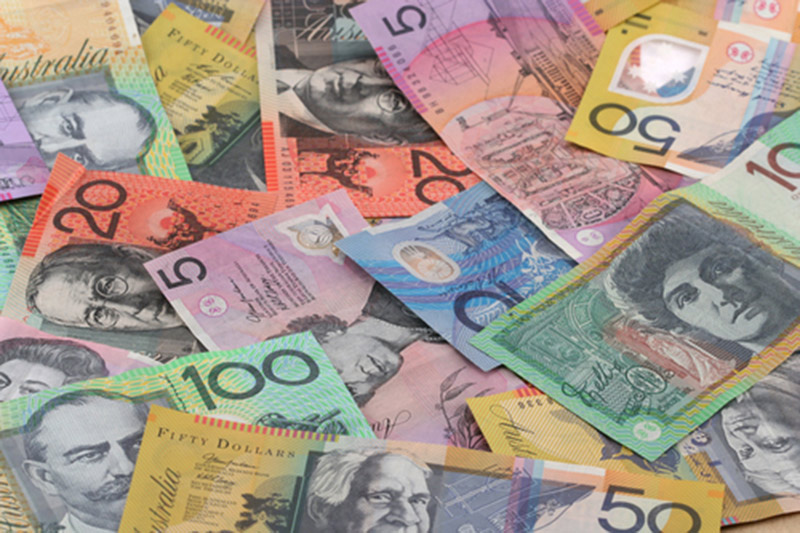SYDNEY/WELLINGTON, March 13 (Reuters) - The Australian and New Zealand dollars slipped against the euro on Monday as the single currency got a boost from reports the European Central Bank was preparing the ground for a gradual phasing out of its aggressive stimulus measures.
The euro EURAUD=R rose for a fourth straight session to A$1.4183, a level not seen since Feb.2. Against the New Zealand dollar EURNZD=R , it hit a 4-month peak of NZ$1.5453.
Some members of the ECB's governing council discussed the possibility of higher interest rates at last week's policy meeting, sources told Reuters, adding the discussion was brief and the suggestion did not receive broad support. struggling against the Antipodean currencies since late last year, the euro smartly rebounded in March, to stand 2.4 percent and 4.9 percent stronger against the Aussie and the Kiwi respectively.
The Aussie, however, did well against the greenback even as strong U.S. jobs report cemented expectations of faster rate hikes by the Federal Reserve.
The Australian dollar AUD=D4 stood at $0.7549, after rising 0.5 percent on Friday.
U.S. employers hired workers at a robust pace in February, beating expectations, and wages grinded higher. fund futures showed investors pricing in more than a 90 percent chance of an increase in U.S. overnight interest rates at its two-day policy meeting ending on Wednesday. FEDWATCH
Analysts expect the Fed to leave its economic projections, known as the 'dot plot', unchanged in part due to uncertainty about what fiscal measures might be pursued by President Donald Trump.
"Given the recent USD strength, and that a Fed rate hike is fully priced, we see risks the USD gently eases after the FOMC meeting," said Joseph Capurso, senior currency strategist at CBA.
"But the rally in AUD is limited by the recent declines in iron ore prices. In addition, we think market pricing for a RBA rate hike early in 2018 is overdone."
The New Zealand dollar NZD=D4 held at $0.6921, coming back up from a 10-week trough of $0.6890 hit last week.
Burdened by weak dairy prices and soft economic data the currency lost 1.7 percent last week, before snapping a seven-session losing streak to nudge higher on Friday.
"That could mark the beginning of a consolidation phase, although the Fed announcement later this week could still interrupt that," Bank of New Zealand currency strategist Jason Wong said.
Locally, investors will turn their attention to data on the country's economic output due out Thursday which is expected to show the economy grew 0.7 percent in the December quarter. ECONNZ
New Zealand government bonds 0#NZTSY= gained, sending yields three basis points lower.
Australian government bond futures rose, with the three-year bond contract YTTc1 up 2 ticks at 97.84. The 10-year contract YTCc1 climbed 3 ticks to 97.0225.
